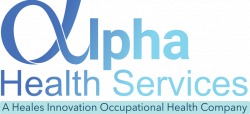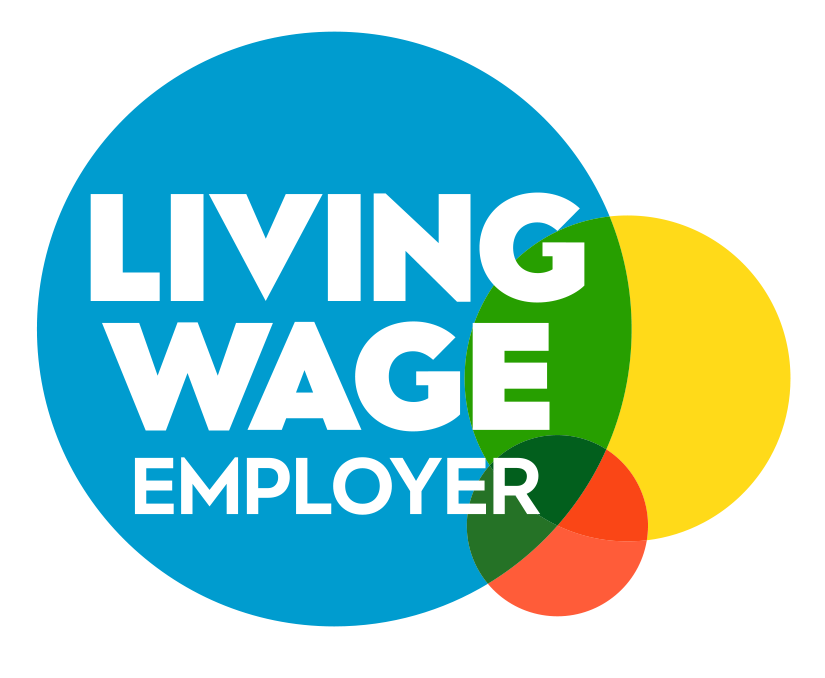During the heatwave please consider the following risks:
- Dehydration
- Sunburn
- Heat exhaustion and heatstroke
So please ensure that you are drink plenty of still, non-alcoholic fluids and not too much caffeine.
Stay indoors or in the shade especially between 11am-3pm, if you have to go out keep your skin covered, wear sunglasses, use at least factor 30 sunscreen and remember to reapply every 2 hours and more frequently if you are swimming, wear a sun hat, especially if you have no hair or very sparse hair. Those who have fair or freckled skin that does not tan, or goes red or burns before it tans, red or fair hair, and light-coloured eyes, are more likely to burn. Keep large moles or clusters of moles on your skin covered as they are more prone to skin cancer. Too much sunlight is harmful to your skin as it can cause skin damage including sunburn, blistering and skin ageing and in the long term can lead to an increased risk of skin cancer.
To help prevent heat exhaustion or heatstroke:
- stay well hydrated (see above),
- take cool baths or showers,
- wear light-coloured,
- loose clothing- preferrabley huigh in natural rather than manmade fibres
- sprinkle water over skin or clothes
- avoid the sun between especially in between 11am and 3pm
- avoid excess alcohol
- avoid extreme exercise
- stay active but take breaks from physical activity
Please note children, the elderly and people with long-term health conditions (like diabetes or heart problems) are more at risk of heat exhaustion or heat stroke, essentially any condition that effects circulation.
Working during the heatwave
The Workplace (Health, Safety and Welfare) Regulations of 1992 do not state a temperature, but say that temperature conditions must be ‘reasonable’. So, there is no legal upper limit on working temperatures from the government, meaning that you are not guaranteed the day off in hot weather.
If you are working indoors then please consider the above advice and stay in.
If you work outside then this can be more challenging, especially if work keeps you outdoors for a long time, so it vital you drink plenty of water (or other still fluids) that you wear clothing where possible that covers your skin and you apply sun screen ideally 30 minutes before you go outside and at least every two hours or more often when you are sweating, especially if your job is outside most of the day as you are likely to be exposed to more sun than is healthy for you. If you have health issues or skin that burns easily then please take extra care. Try to work in the shade where you can, this could be achieved through temporary covers like an umbrella, gazebo, etc.
You should try to work in the cooler times of the day where possible avoiding 11am-3pm, have more frequent breaks, keep well hydrated, remove personal protective equipment when resting to help encourage heat loss.
Exercising during a heatwave
If you want to exercise during a heatwave it is best to try and time your workout during the cooler hours of the day (early morning/ evening). Avoid working out during the hottest hours of the day (11am-3pm).
Make sure you take plenty of breaks during your exercise session and drink plenty of water throughout. If you start to feel light headed, or start to show any of the other signs of heat exhaustion then stop your exercise session immediately, find a cooler place, sit down and take small sips of water.
Heat Exhaustion
Loss of fluids and decreased blood pressure due to the heat can become heat exhaustion- which, if untreated, can develop into heat stroke which can be very serious.
Symptoms of heat exhaustion includes:
- dizziness
- nausea
- fainting
- confusion
- muscle cramps
- headaches
- heavy sweating
- tiredness
If blood pressure drops too far, the risk of heart attacks rises.
If someone is showing signs of heat exhaustion NHS advice says:
- Move them to a cool place.
- Get them to lie down and raise their feet slightly
- Get them to drink plenty of water – sports or rehydration drinks are also OK
- Cool their skin – spray or sponge them with cool water and fan them. Cold packs around the armpits or neck are good too
- However, if they do not recover within 30 minutes, then what follows is heat stroke.
It is a medical emergency and you should call 999.
People with heat stroke may stop sweating even though they are too hot. Their temperature could go over 40C and they might have seizures or lose consciousness.






